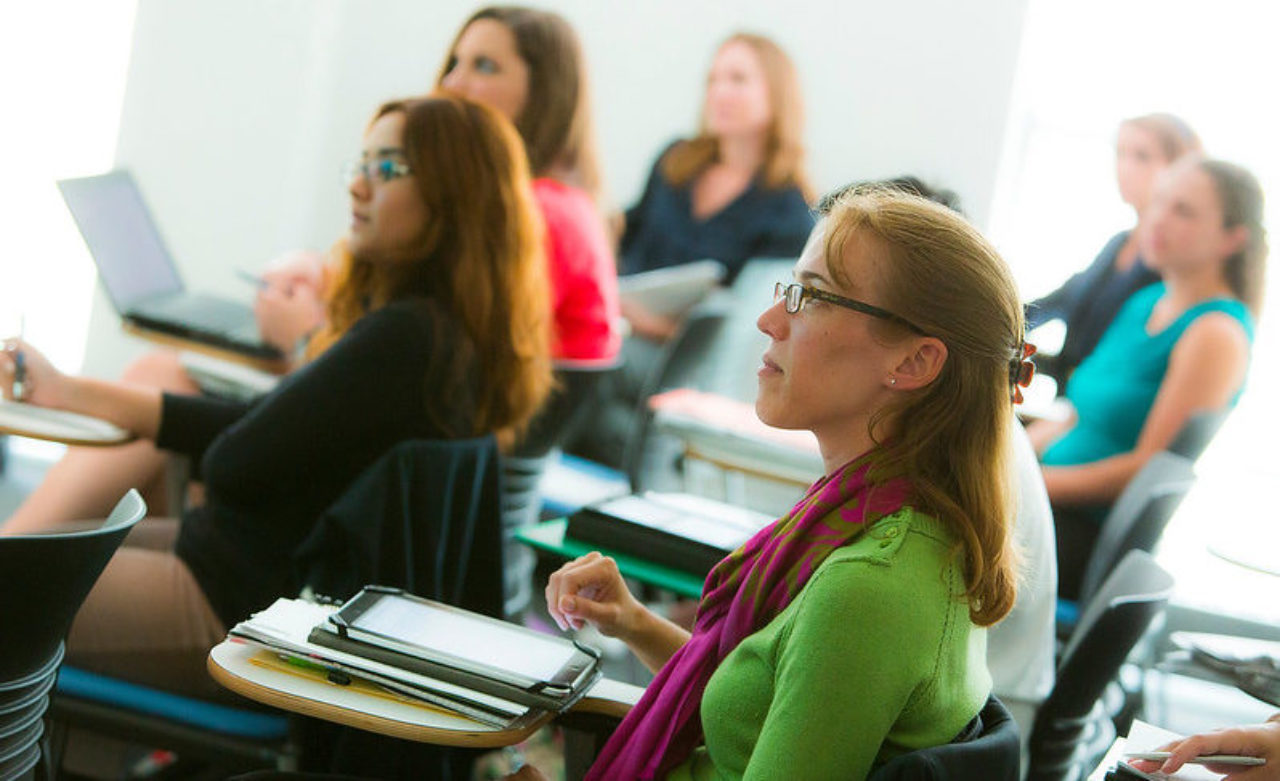Children’s Studies Minor

The children’s studies minor provides students with a multidisciplinary understanding of childhood in human society. Using the disciplinary perspectives of literature, psychology, sociology, and anthropology, the minor grounds students in an understanding of childhood as preparation for employment in child services and advocacy, or advanced study in the fields of education, literature, psychology, sociology, and anthropology.
The minor is offered jointly by the department of literature, language, writing, and philosophy; the department of communication studies; and the department of social sciences and history. Students select five 3-credit courses from the list below, making selections from at least three different disciplines.
Anthropology
- ANTH3102 Anthropology of Children and Childhood
Communication
- COMM3014 Family Communication
Criminology
- CMLGY3310 Juvenile Delinquency (Note: students may complete CMLGY 3310 or SOCI 3310 for the minor, but not both)
Literature
- LITS2400 Children’s Literature (formerly LITS3311 Children’s Literature)
- LITS2401 Young Adult Literature (formerly LITS3312 Young Adult Literature)
- LITS3303 World Folk Literature
Psychology
- PSYC2204 Child Development (formerly PSYC3001 Human Development Child)
- PSYC3305 Adolescent Growth and Development (formerly PSYC3302 Human Development Adolescent)
Sociology